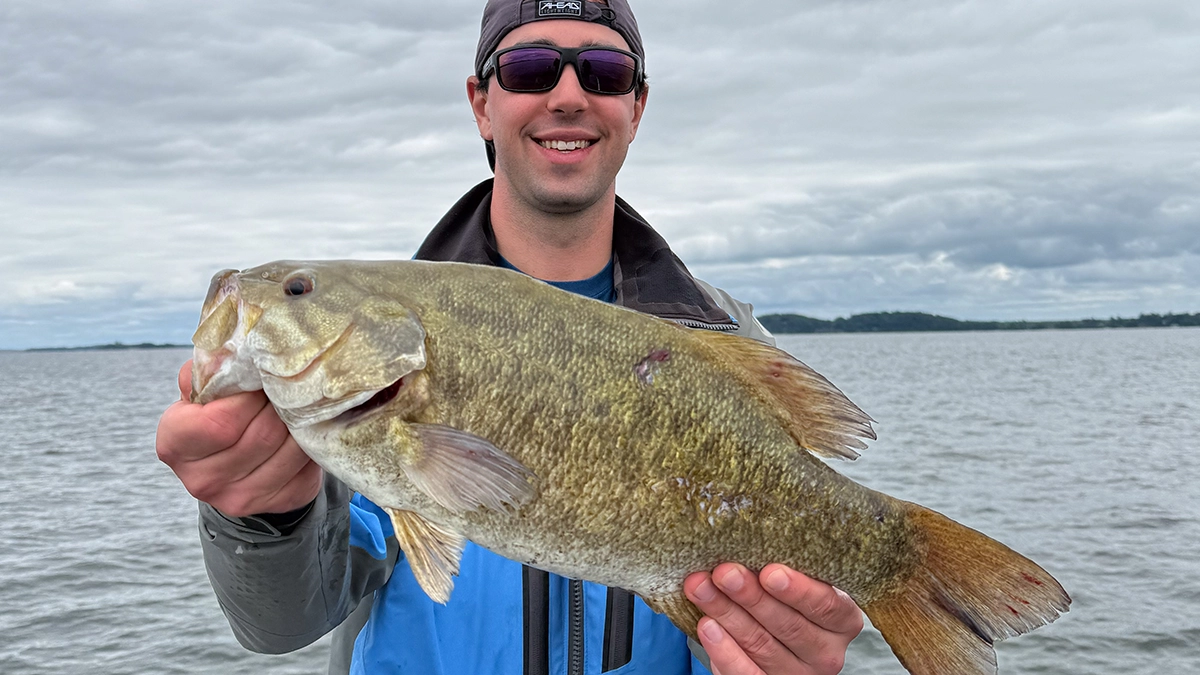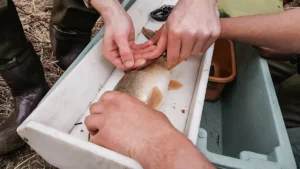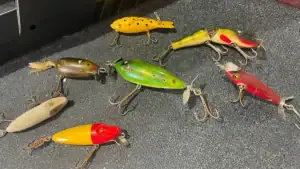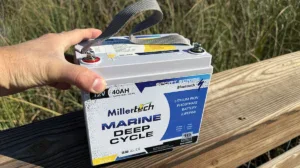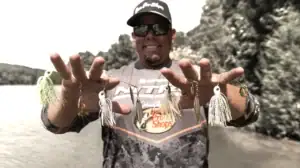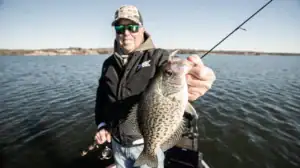I’ve spent more days on the water than I can count, chasing bass across lakes and rivers all over the northeast. Bass definitely act differently from place to place depending upon the climate, season and forage. In the end though, a bass is a bass anywhere you fish in the country. Over the years, one question has always stirred up conversation among bass anglers from all over: Which bass is smarter, largemouth or smallmouth?
Now, smarter might not be the word scientists or biologists would use, but as fishermen, you know what I mean. Some fish are easier to fool, others keep you guessing and scratching your head at the end of a day. And when it comes to bass, the two most popular species couldn’t be more different in the way they behave.
Largemouth Bass: The Opportunist
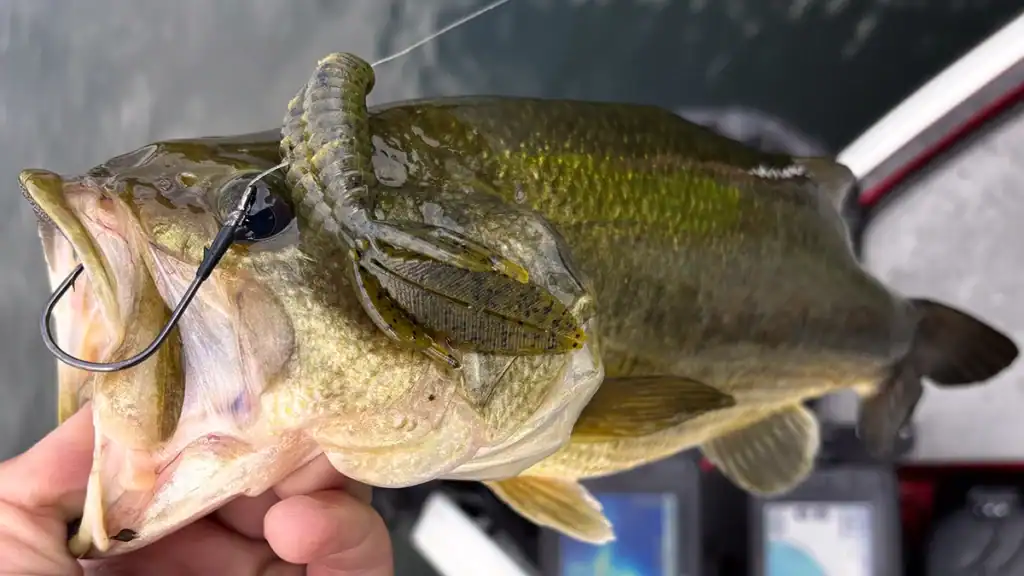
Largemouths are famous for their size and aggression. Big melon heads don’t get large from being dainty little fish. They’ll inhale a frog, crankbait, or worm if it looks like a decent meal. A largemouth is a species that’s opportunistic. Any chance that presents itself to get a meal, they use that big mouth of theirs to snatch it up. That’s part of why beginners love catching them. Largemouth can be reckless and aggressive making every fisherman in the lake a happy camper. You can always count on a largemouth to save the day of fishing if the bites are tough.
But don’t mistake that for stupidity. A big, old largemouth has seen plenty of offerings from other anglers. Pressure from fishermen makes any bass species wary, especially largemouth. The older they get, the harder they are to fool. They are stubborn creatures at times, but somehow, you can usually count on a largemouth to bite.
Still, compared to smallmouth, largemouth often rely more on instinct and hunger than careful decision-making. When you catch a largemouth in a lake, especially a pressured lake, you’ll notice multiple hook marks in their mouth usually. That’s from making the same mistake more than once. A big ol’ bucket mouth will still get tempted by the right presentation. If your wiggle is right, they will bite every single time.
Smallmouth Bass: The Strategic Planner
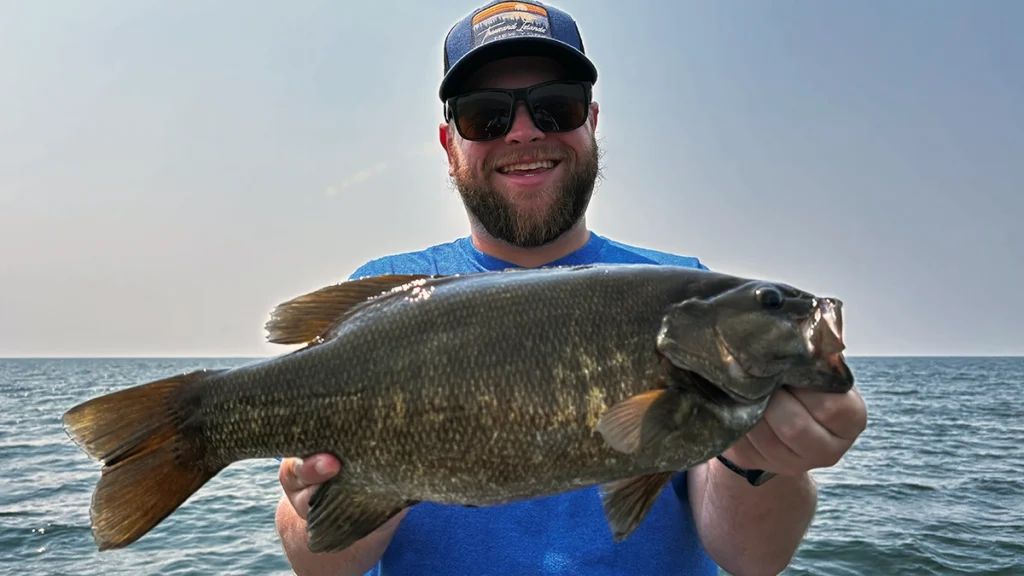
Smallmouth bass are like the chess players of the bass family. They’re curious, cautious, and often inspect a lure before striking. I’ve had smallmouth follow a bait all the way back to the boat, studying it like they’re in no rush to commit. They’ll chase baitfish across rocky points and open water, but they don’t always bite unless everything looks just right. In my experience, they’re pickier eaters, which can make them frustrating. But, it’s also rewarding when you finally trick one. You can throw countless baits and they won’t budge, but eventually one gets tricked into biting.
Smallmouth aren’t usually just solitary fish like largemouth. They often hunt for prey in packs, like wolves or coyotes. When they ambush prey, it’s like a tactical strategy. Every fish in the school has a job and in order to eat, every fish has to do their part. This is something you don’t see in other bass species, especially largemouth. The way these fish pick apart bait schools is like what you see with saltwater fish.
So Who’s Smarter?
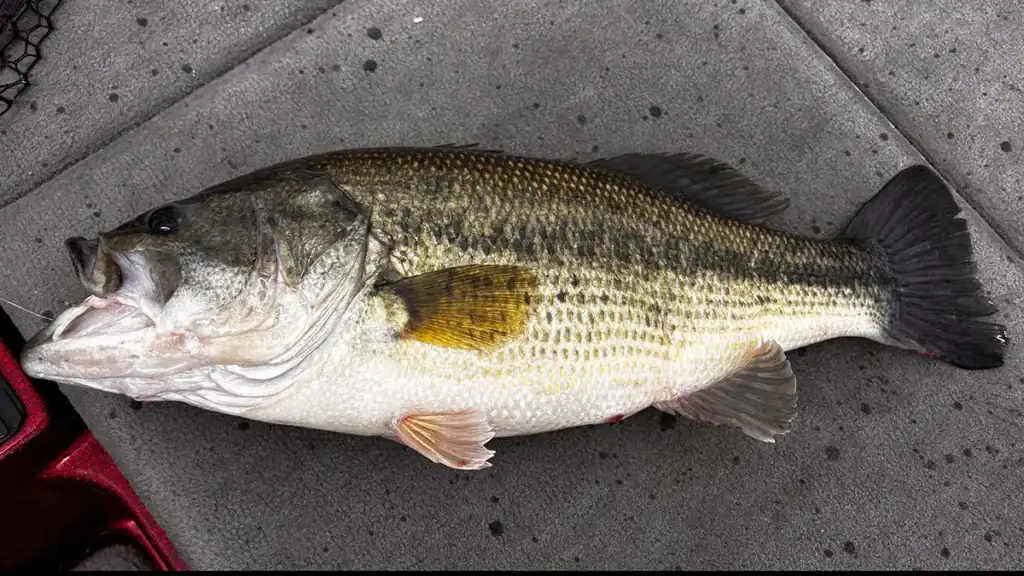
If you ask me, smallmouths take the crown. They’re not only more selective but seem to learn from mistakes much faster than a largemouth. Largemouth can be tougher at times since they are more of a solitary fish, especially the big ones. But smallmouths test your patience and skill in a way that feels more like a battle of wits. Catching a smallmouth often feels like outsmarting the fish, not just feeding its appetite.
Of course, smarter depends on what you value. Some anglers say a fish that grows big by eating everything in sight is pretty smart. Others, like me, say the fish that makes you question your own tactics is the true clever one. There are so many days that I’ve been on the water, where both species leave me stumped, but smallmouth puzzle me more often. There’s a reason they are my favorite fish. Either way, whether I’m wrestling with a stubborn largemouth or convincing a skeptical smallmouth to take my offerings, black bass keep us fishermen honest. That’s why we love chasing them so much.
